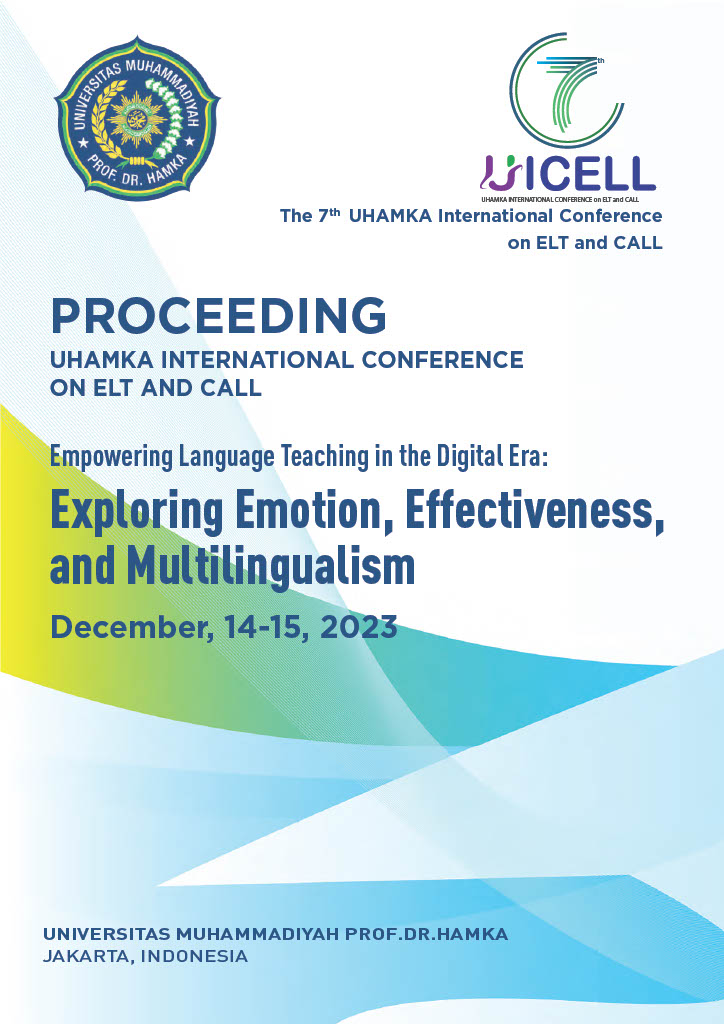EFL LEARNERS’ SELF-REGULATED LEARNING STRATEGIES IN ISLAMIC PRIVATE UNIVERSITY
Abstract
Numbers of research had proven self-regulated learning strategies to be effective in foreign language learning contexts. This study aimed to investigate EFL learners’ most frequently-used self-regulated learning strategies in English learning in one of the Islamic universities in Indonesia when it was still in COVID-19 pandemic. To reveal the answers, the writer involved 90 undergraduate final year students as participants, by utilizing a quantitative method of survey design. The data was gathered with an online questionnaire of Google Form and was distributed through WhatsApp. To analyze the data, Microsoft Excel and SPSS version 25 were used in observing the mean and percentage. It was discovered that in learning English through self-regulated learning strategies, EFL learners’ most frequently-used strategy was metacognitive (X=3,98), followed by cognitive strategy (X=3,47), compensation strategy (X=3,38), affective strategy (X=3,38), social strategy (X=3,33), and the least frequently used was memory strategy (X=3,30). Suggestions and recommendations were provided for the further research.
Keywords: EFL Learners, Undergraduate Students, Self-Regulated Learning Strategies


